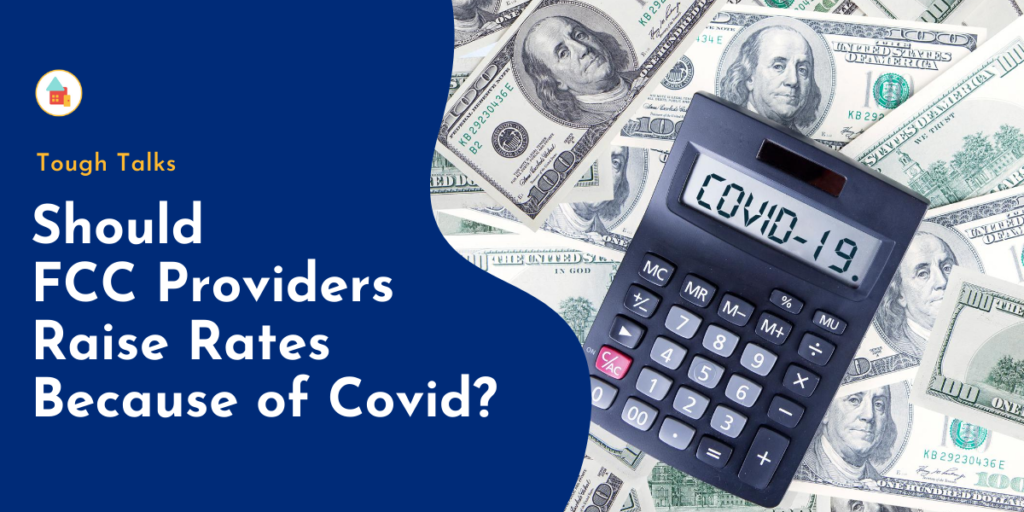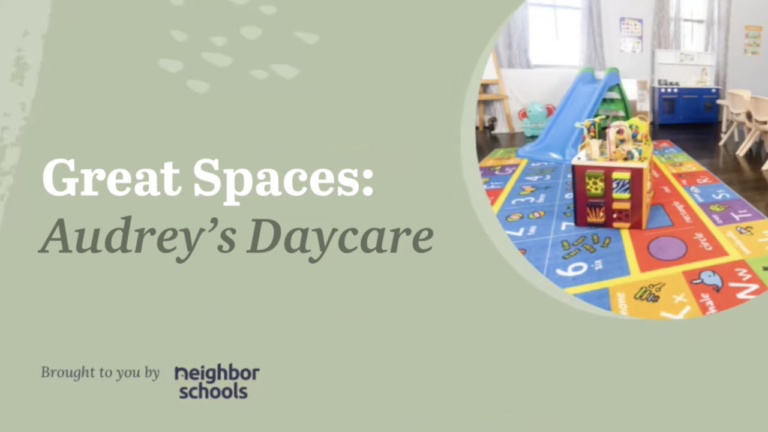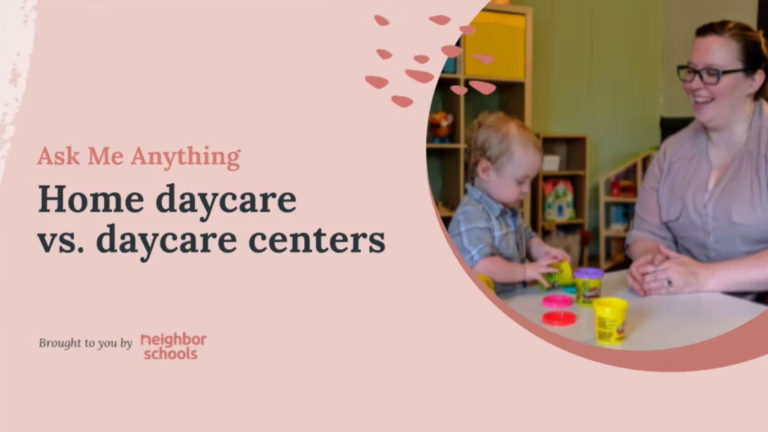During Covid, FCC Providers like you are working harder than ever. You’re doubling up on cleaning and sanitizing protocol, and have a whole new set of rules to follow and socially distanced activities to dream up. And the costs add up, too. Put together—you may be wondering whether you need to increase rates.
But “money talk” can be tough. No one wants to create more stress for themselves or parents, especially while everyone has so much on their plates. These are delicate but important issues, so we turned to Gail Epstein, MsEd, an expert in navigating Provider-parent relationships, who joined us for our Nap Time Zoom with Providers last month.
Her advice? These are tough conversations, so you’ll have to consider your unique situation. But, there are productive ways to approach the conversation that reliably leads to better outcomes for both Providers and parents. Read on to learn 3 valuable strategies you can use, and how Gail would approach each.


Raising rates or offsetting Covid costs?
Imagine you’re a Provider spending around $50 a week on PPE, and cleaning or disinfecting supplies. And Covid isn’t going away anytime soon. So, $50 a week can quickly add up to $2,600 a year that you’ll have to pay for the supplies you need. That’s a lot of money to pay out of pocket.
How you decide to handle these expenses is an incredibly personal choice. There are no right or wrong answers here. Only you know what’s best for you and the families in your FCC.
But if these expenses are too much to take on yourself and you need to make up the difference in some way, then instead of thinking, “I have to raise rates,” Gail recommends you reframe the situation as “I need to offset Covid costs.”
According to Gail, parents are more likely to understand a request to help out with costs or items related to Covid. At its best, a Provider-parent relationship is a partnership. Most parents have a vested interest in helping you keep your FCC safe, open, and healthy. And almost everyone wants to know where their hard-earned money is going. So the more upfront and specific you are, the better.
So, if you’re considering asking for help offsetting Covid costs, here are 3 creative options from Gail that could work for both you and the parents in your program.
Option #1: Add a health & safety fee to your regular rates
Remember that $50 a week we mentioned before that you’re spending on masks, gloves, and cleaning supplies? If you need to find a way to cover these costs, Gail says you can offer to split this expense equally among your enrollments by adding to their weekly or monthly rates to help offset costs.
How it works: If you are starting to spend $50 a week on supplies to keep your FCC open under new Health & Safety guidelines, divide the $50 up by the number of children in your program, and add the cost to each child’s weekly rates.
Option #2: Add a one-time health & safety fee
Gail says this is an option if you haven’t reopened yet, but are planning to soon. Before you open, you can include an addendum to your contract that requires a one-time “Health & Safety Fee” for families to pay before returning to your FCC.
How it works: If you’re planning to spend $50/week on health and safety supplies for the next 6 months, and 8 children are returning to your program, you can charge a one-time fee of $150 for each child for parents to pay on the first day you reopen.
Option #3: Have parents bring in PPE and supplies
How about sidestepping the money talk altogether and asking parents to bring in the supplies you need instead? Gail says that this is a great alternative and can be easier than having to incorporate a new one-time or weekly cleaning fee.
How it works: Remember those classroom lists that ask for the student to bring in supplies like scissors, glue, and crayons on the first day? Create a “daycare shopping list” for the parents in your program and have them pledge to bring one item of the amount you need on the list each month.
How to talk to parents about offsetting Covid costs
Every Provider has different families with different needs. Increasing costs or asking for supplies might not be an option for your program. But, if you’ve run the numbers and come to the decision that you need to either create a new health & safety fee or have parents bring in supplies, you’ll need to prepare to have honest, transparent conversation.
Take a deep breath and remember, you’re running a business. You’re not making this decision lightly, but out of necessity. You are ensuring a safe place for your parents to send their kids to each day. With that focus in mind, here’s Gail’s advice on how to best broach the conversation with parents.
Put it in writing first. You’ll want to create an addendum to your contract that makes the new rates crystal clear. Gail recommends even adding a FAQ explaining the changes, why you made them, and how it affects the parent.
Here are a few questions that we recommend you prepare in your FAQ document:
- Why are you charging more?
- Is the one-time fee refundable?
- Will the rates go back down after the pandemic?
- What happens if I can’t pay?
Give parents at least one month to prepare. Nobody likes added costs sprung on them unexpectedly, so you’ll want to give them about a month to plan and budget before expecting them to pay a new fee or start bringing supplies.
Make a communication plan. Planning both written and verbal communication is key to a positive outcome. First, you’ll want to send your proposed changes in an email to each parent simultaneously. In that email, you should include the contract addendum and the FAQ document. Tell the parent that you will be calling each of them to discuss the changes 1-on-1. On the call, walk through the changes carefully, and be prepared to answer their questions honestly.
Hold “office hours.” After having the 1-on-1 conversation, parents will probably have more questions to ask you in the days and weeks to come. Offer to be available after-hours to call or email you and ask questions about the changes.
Stress the importance of your partnership. Ultimately, the Provider-Parent relationship is about being a partnership. Gail says the best way to do this is to explain that by helping you offset Covid costs, they’re bolstering your ability to give their child the best care possible. That’s a win-win-win for everyone involved.
Roleplay beforehand. You can ask your significant other, family member, friend, or another FCC Provider to act out the conversation ahead of time to practice and get feedback on how you can better communicate the changes. Gail says that she often taps her husband for this role.
What if a parent can’t afford to pay a fee or bring in supplies?
Right now, some parents in your program might be struggling with making ends meet. They might not be able to pay any extra costs for child care. This is a tough situation. You can choose to make an exception, but you also need to consider the other families in your program and what’s fair for them.
Overall, decisions and conversations around money are never easy. But ultimately, you need to do what’s best for you and your FCC.
How are other Providers handling money talk?
Take this survey and get your copy of the 2020 FCC Rate report to find out how Providers across New England are handling their rates and expenses during Covid.






